Counselling
For your Mental Health and Wellbeing
At Wellbeing Campus, we provide counselling and coaching support delivered by tertiary trained professionals who are experts in their field. Mental health counselling sessions are always focused on what you (the client) want to achieve.
We provide one-on-one therapy sessions to those seeking guidance in overcoming life's challenges. We collaborate with clients to establish personalised goals and develop strategies to help you overcome any obstacles they may encounter along the way.
We can help you navigate life stage transitions (employment, divorce, dating), drug and alcohol use problems, anxiety, depression and general life challenges.
Counselling Approach
Our approach is holistic and we work from a humanistic framework. Evidence-based therapies include CBT, DBT, ACT, mindfulness, interpersonal therapy, narrative therapy and a strengths-based approach.
We know that connecting with a counsellor can be daunting. Please feel free to reach out to us for a confidential chat to see if we're the right fit for you.
Call us today for a confidential chat 1300 188 575
Frequently Asked Questions
-
Counselling is a collaborative and confidential process in which you work with a trained therapist (social worker) to explore and address a wide range of emotional, psychological, and life challenges.
It can help you by providing a safe space to talk about your concerns, gain insight into your thoughts and feelings, and develop coping strategies.
Through counselling, you can improve your emotional wellbeing, manage stress, enhance your relationships, and make positive changes in your life.
-
Sometimes there is no one sign. Some people like to have regular counselling as a preventative and maintenance tool. Others may contact us when something has escalated in their life. It’s different for everybody.
Counselling is valuable for anyone experiencing emotional distress, relationship difficulties, or a desire for personal growth.
Common signs that you might benefit from counselling include persistent feelings of sadness or anxiety, difficulties in managing stress, challenges in maintaining healthy relationships, or a sense that you want to better understand yourself and your life circumstances. Seeking counselling is a proactive step toward self-care and self-improvement.
-
Finding the right counsellor is essential for a successful therapeutic experience. Start by considering the counsellor's qualifications, including their education. Counselling is an unprotected title, so a person may have minimal to no qualifications or experience.
Look at their experience and expertise in areas relevant to your concerns. Importantly, assess your comfort level with the counsellor and their therapeutic approach. A strong therapeutic relationship is key to successful counselling. You should feel heard, respected, and supported by your counsellor. Take the time to research and even schedule an initial consultation to ensure that the counsellor's style and specialties align with your needs and goals.
-
The fee for counselling services is $190 per hour. This fee reflects the counsellor's experience, qualifications, and the quality of care provided. It covers not only the time spent during the session but also the counsellor's preparation, ongoing professional development, and administrative tasks associated with providing therapy.
It's important to view this fee as an investment in your mental and emotional wellbeing. The benefits of counselling often extend far beyond the session itself, as it can help you navigate challenges, improve your overall quality of life, and develop valuable coping skills.
If you have concerns about the cost of counselling, consider discussing potential options with the counsellor.



